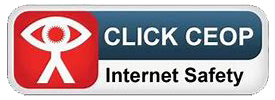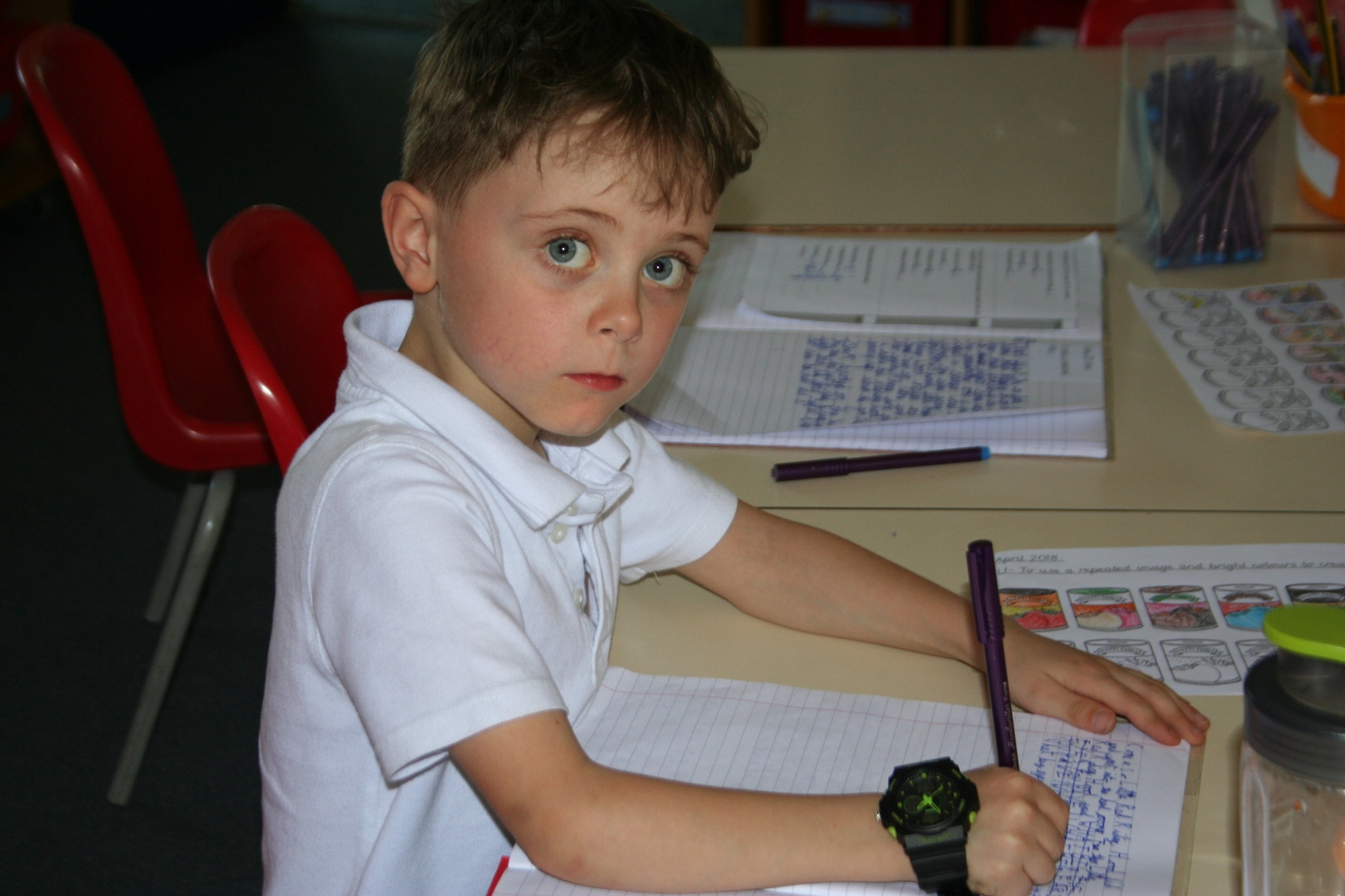PE & Sport
“Sports teaches you character, it teaches you to play by the rules, it teaches you to know what it feels like to win and lose – it teaches you about life.”
Billie Jean King – tennis player
What do we want our physical education (PE) curriculum to achieve?
Our aim is to support pupils’ development across the three pillars of progression in PE.
Pillar 1: Motor Competence
This is a person’s ability to make a range of physical actions, which include co-ordinating fine and gross motor skills. These are fundamental to participate in everyday activities as well as playing and partaking in physical activity. PE will be the first time that some pupils are taught how to make confident and controlled motor movements. Pupils require sufficient and well-designed opportunities to improve their motor competence which should come primarily from opportunities within the PE curriculum. We ensure that opportunities for additional practice during free play augment this offer. Pupils need to develop a good level of fundamental movement skills (FMS) in the early years. FMS are the ‘basic, learned motor patterns that do not occur naturally’ and can be categorised as locomotor skills (e.g. running and jumping), stability skills (e.g. twisting and balancing) and manipulation skills (e.g. throwing and catching). We aim to provide high-quality instruction, opportunities to practice and feedback to enable all pupils to develop their motor competences in a wide range of physical activities.
Pillar 2: Rules, Strategies and Tactics
Pupils need to be taught how to move intelligently as well as competently. This involves responding to the needs of the context. Pupils are explicitly taught the rules, strategies and tactics involved with different types of activities. Tactics are the decisions people make about how, when and where to move. Tactics are closely related to motor competence; they are only successful if pupils can perform the necessary movement.
Pillar 3: Healthy Participation
PE has a role to play to challenge and correct some misconceptions and knowledge that children have established outside of school. It is important for pupils to make connections between their knowledge of health and how it applies to physical activity. Otherwise, pupils will struggle to make informed decisions about how to participate in physical activity in a healthy way. We aim to increase pupils’ interest by teaching how the body works, so that they can understand the relationships between activity and its effect on the body. Developing knowledge of the broader aspects of physical activity allow pupils to be able to make informed choices about their own participation outside of school.
Why is physical education important to us?
We believe PE is crucial for children today as it allows pupils to understand the positive impact physical activity can have on the human body and mental wellbeing. It also allows the children to work individually or as a team to increase confidence in their own abilities as well as sharing success with their peers. The importance of staying active, which is necessary for all ages, but vital for children, cannot be understated and PE plays an critical role in promoting physical activity from the outset.
How does the curriculum structure support our aims?
At Woodlands, our curriculum offers opportunities for all pupils to learn, develop and enhance skills across a variety of sports and physical activities, which inspire children to succeed and excel in competitive sports as well as physically-demanding activities. In the early years and KS1, children will develop fundamental movement skills, become increasingly competent and confident and access a broad range of opportunities to extend their agility, balance and coordination. In KS2, pupils will continue to build on skills learnt in KS1 and start to apply these in specific sporting contexts: striking and fielding in cricket, tennis and rounders, infant agility in tag rugby, hockey and athletics and multi-skills in netball, handball and basketball.
How do we make physical education real and meaningful for our children?
As a country, we are blessed to have many athletes inspiring the next generation, whether this is in our national sport of football or sports that have had incredible success over recent years e.g. cricket, hockey and athletics. Through our work with the Tonbridge & West Kent School Sports Partnership (TWKSSP), we participate in a range of competitive and non-competitive sporting activities to offer children the chance to learn and compete in new sports, which may not always be readily available, such as hockey, cheerleading, golf and many more.
How do we develop physical education skills?
At Woodlands, we have elected to use the PE curriculum designed by TWKSSP. This scheme was created to allow children to be taught the fundamental movements in the early years and KS1, across a variety of skills and then develop these in KS2 by using a wider range of equipment to allow children to challenge themselves. However, it is just not PE lessons where we develop physical education skills. We have invested in excellent playground facilities and equipment and so during play times, children can develop their gross motor skills with the use of the climbing equipment in both playgrounds. Children can participate in a range of sporting activities led by Sports Leaders and during KS2 lunchtimes, children can play football, basketball and four-square, which gives children the chance to work in teams to develop confidence and social skills. Woodlands also regularly attend sporting events, which are competitive and non-competitive, outside of school and compete against other schools.
How do we use assessment in physical education?
Our teachers use a range of assessments to enable all pupils to demonstrate their knowledge, understanding and skills. At Woodlands, we primarily use formative assessment, which is an ongoing activity for teachers in PE lessons. Most demonstration of pupil knowledge is assessed through what pupils do physically. Throughout the learning journey, assessment is used to identify and correct pupils’ misconceptions before they move to more complex content. Competitions are sometimes useful to assess some knowledge - especially composite knowledge. However, they are not as useful for assessing smaller, isolated components of learning, especially for feeding back to pupils what they need to do to get better at PE. Teachers complete an end of year assessment for all pupils to state if they have demonstrated learning at the expected standard in that year and this is reported to parents.
How do we promote inclusivity and challenge in physical education?
At Woodlands, we advocate that PE should be a place for all students to move, have fun and learn. Through our curriculum, we aim to promote inclusivity and challenge by removing the competitive focus and instead celebrating individual progress, teamwork and joy of movement itself. We offer a wide variety of sport to cater to all different interests and abilities as well as create an environment where everyone feels valued and respected by supporting and cheering each other on, regardless of skill level. We differentiate instruction and provide options to allow children to choose their level of challenge and personalise their own learning experience. Lastly, we celebrate individuality and encourage self-expression by celebrating successes and skills in all sports across the curriculum.2
PSports Leaders Awards:
Upper Key Stage 2 children at Woodlands are offered the chance to gain vital leadership skills by participating in Sports Leader Awards.
The Sports Leader Award is a great way to introduce children to the idea of leadership. It gives learners knowledge of how to organise activities and small games to be used during curricular and extracurricular time.
Sports Leader Award participants will develop key leadership skills such as organisation, communication and teamwork. The award scheme will also help our children to build confidence and self-esteem as they take on the responsibility of assisting in leading their peers and younger children.
School Games Mark:
After another very successful year for PE & Sport at Woodlands, we have achieved the Gold School Games Mark for 4 years running. This mark is testament to Woodlands’ ongoing commitment to delivering high quality PE and consistently providing sporting opportunities throughout the year to all of our children.
For all information regarding the PE and Sport Premium Funding click here.











